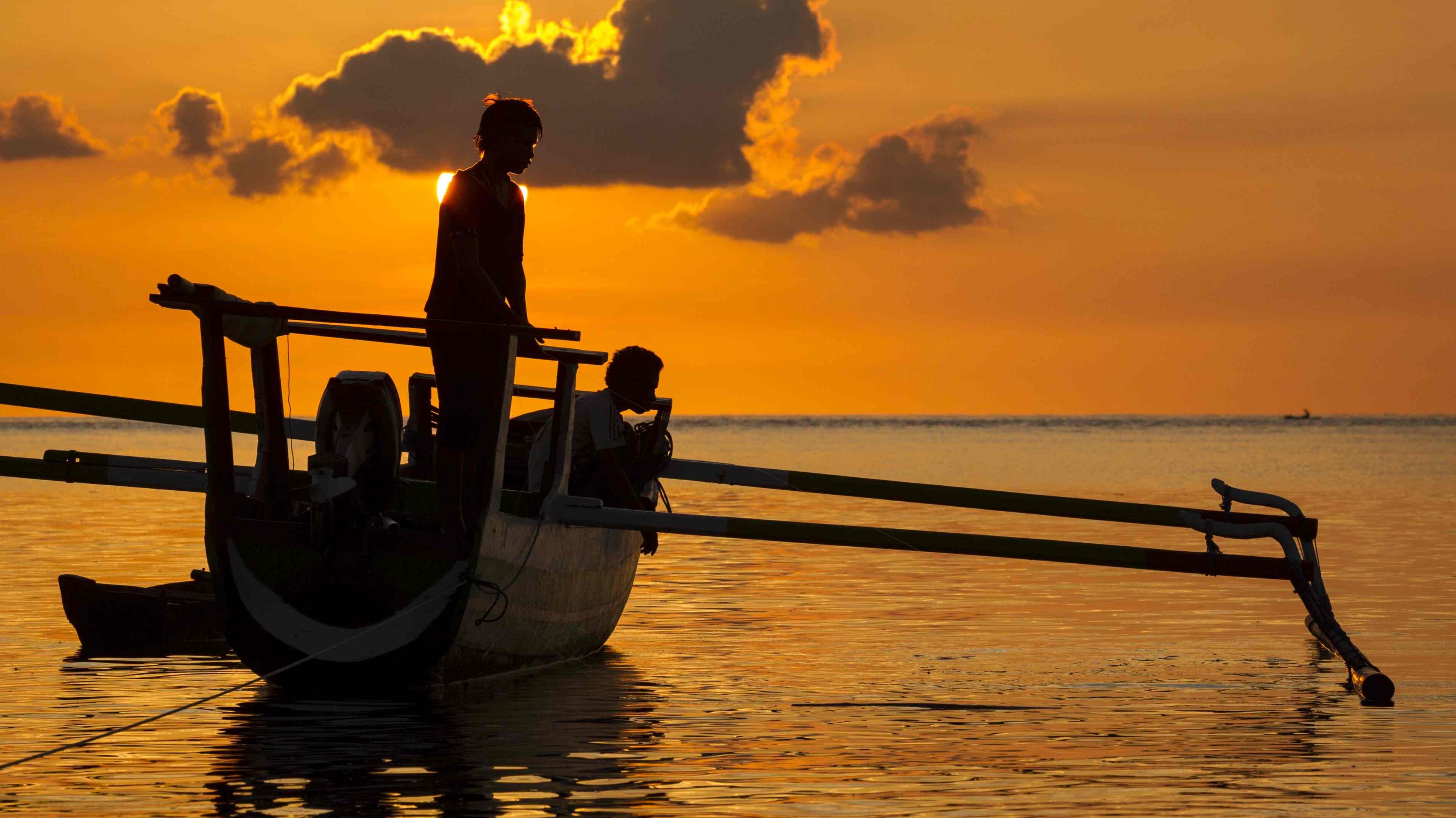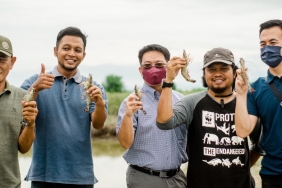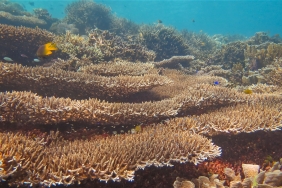INDONESIA IMPROVES AQUACULTURE STANDARD
Author: Dwi Aryo Tjiptohandono (Marine & Fisheries Campaign Coordinator)
Bogor - To improve the quality standards of aquaculture in a sustainable and environmentally friendly manner in Indonesia, the Directorate General of Aquaculture of the Ministry of Maritime Affairs and Fisheries (DJPB-KKP) prioritizes the preparation and development of aquaculture through an ecosystem approach.
"Aquaculture is a commodity that directly supports the food security and nutrition program, so KKP strives to realize this through improving the quality of competitive and sustainable aquaculture production to meet the needs of the community," said Director General of Aquaculture Slamet Soebjakto in his remarks at the signing of the Cooperation Agreement between DJPB-KKP and WWF Indonesia on Sustainable, Responsible Management of Aquaculture based on the Ecosystem Approach at Hotel Santika, Bogor, on September 2.
Through the three-year memorandum of cooperation, WWF Indonesia will support the optimization and effectiveness of increased production and sustainable management of aquaculture based on the ecosystem approach and the Blue Economy (Blue Economy). Some of the main activities that are ready to be implemented include the aquaculture improvement program through the implementation of Best Management Practice (BMP), synchronization of Good Fish Farming standards aligned with the principles of the Aquaculture Stewardship Council (ASC), preparation of General Guidelines for Aquaculture Through Ecosystem Approach (EAA), as well as coaching and mentoring of aquaculture business actors to increase fisheries production and quality.
"In accordance with the three pillars of marine and fisheries that must lead to sovereignty, independence, and sustainability, the application of aquaculture through an ecosystem approach can prevent the impact of losses arising from increased exploitation of fisheries through aquaculture in accordance with the direction of the FAO which has initiated a document on procedures for responsible fisheries management," he added.
WWF Indonesia's Coral Triangle Program Director Wawan Ridwan said, "WWF Indonesia is ready to support the government's efforts, in this case KKP, to improve the standard, quality, and production of aquaculture because aquaculture is the present and future of the world's fisheries business. Therefore, the improvement of aquaculture must pay attention to every function, carrying capacity and sustainability of marine, fresh and brackish ecosystems by strengthening comprehensive and effective fisheries governance."
FAO data "The State of World Fisheries and Aquaculture"in 2014 shows that the world's aquaculture production rate shot up from 49 million tons in 2007, to 66 million tons in 2012. Based on Statistics and Information Data of the Ministry of Maritime Affairs and Fisheries, the 2014 aquaculture production of both seaweed and fish/shrimp was 14.52 million tons. The target achievement of aquaculture production in 2015-2019 is 33.036 million tons with a total value of Rp 356.824 trillion.
To support the improvement of the fisheries sector towards sustainability, WWF-Indonesia has compiled and socialized guidelines on better fisheries practices in a series of BMP (Better Management Practices) documents for aquaculture, capture fisheries and bycatch to entrepreneurs and fishermen in its working area. These guidelines aim to assist fishermen in catching biota and for farmers to provide fishery commodities in an environmentally friendly and sustainable manner, including handling and packaging processes. In addition, WWF is also working with JARING Nusantara to expand its reach in improving small-scale fisheries.





